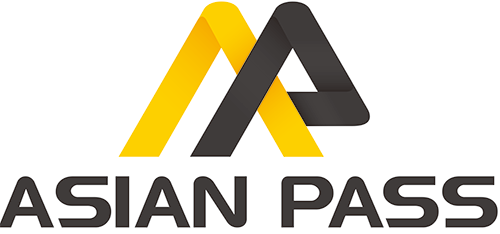Can Vietnamese workers receive salaries in foreign currency? Can employers pay foreigners weekly? In what form do employers pay foreign workers? Through today’s article, let’s learn about this issue with Pham Consult!

Can Vietnamese workers receive salaries in foreign currency?
Pursuant to Clause 1, Article 90 of the 2019 Labor Code stipulates:
Salary
1. Wage is the amount of money an employer pays an employee according to an agreement to perform work, including salary according to job or title, salary allowances and other additional payments.
…
Pursuant to Article 95 of the 2019 Labor Code stipulates:
Pay wage
1. The employer pays the employee based on the agreed salary, labor productivity and quality of work performance.
2. Wages stated in the labor contract and wages paid to employees are in Vietnamese Dong. In case the employee is a foreigner in Vietnam, it can be in foreign currency.
3. Each time a salary is paid, the employer must notify the employee of the salary statement, clearly stating the salary, overtime salary, night work salary, content and amount. deducted (if any).
Accordingly, the employer and employee can negotiate the amount of salary for work performed, based on labor productivity and quality of work performance.
Thus, in case the labor contract has an agreement on the use of foreign currency to pay wages to workers, Vietnamese workers can receive wages in foreign currency.
Note, each time a salary is paid, the employer must notify the employee of the salary statement, clearly stating the salary, overtime salary, night work salary, content and amount. deducted.
Can employers pay foreigners weekly?
Pursuant to Clause 1, Article 94 of the 2019 Labor Code stipulates:
Salary payment principles
1. Employers must pay salaries directly, fully and on time to employees. In case the employee cannot receive salary directly, the employer can pay salary to the person legally authorized by the employee.
…
Pursuant to Article 97 of the 2019 Labor Code stipulates:
Salary payment period
1. Employees who are paid by the hour, day, or week will be paid after the hour, day, or week of work or be paid in lump sum as agreed upon by both parties but must not exceed 15 days and must be paid in one lump sum.
2. Employees who receive a monthly salary are paid once a month or once every half a month. The time of salary payment is agreed upon by both parties and must be set at a cyclical time.
3. Employees receiving wages based on products or pieces of work are paid according to the agreement of both parties; If the work must be done for many months, monthly salary will be advanced according to the amount of work done during the month.
4. In case due to force majeure the employer has tried all remedies but cannot pay wages on time, the delay must not exceed 30 days; If salary is paid late for 15 days or more, the employer must compensate the employee with an amount at least equal to the interest on the late payment calculated according to the 1-month term deposit interest rate due to the delay. The bank where the employer opens the salary account for the employee is announced at the time of salary payment.
Accordingly, employers can pay foreign workers weekly if there is a specific agreement in the labor contract.
Note, employers must pay directly, fully and on time to foreign workers. In case the foreign worker cannot receive salary directly, the employer can pay salary to the person legally authorized by the foreign worker.
In case due to force majeure the employer has tried all remedies but cannot pay wages on time, the delay must not exceed 30 days; If salary is paid late for 15 days or more, the employer must compensate the employee for late payment interest.
In what form do employers pay foreign workers?
Pursuant to Article 96 of the 2019 Labor Code stipulates:
Pay forms
1. The employer and employee agree on the form of payment based on time, product or piece of work.
2. Salaries are paid in cash or through the employee’s personal account opened at the bank.
In case the salary is paid through the employee’s personal account opened at a bank, the employer must pay fees related to opening the account and transferring the salary.
3. The Government shall detail this Article.
Accordingly, employers can negotiate wages based on time, product or contract with foreign workers. The employee’s salary is paid in cash or through the employee’s personal bank account.
Note: In case of salary payment via the employee’s personal bank account, the employer must pay all fees related to opening the account and transferring salary.
Note: In case of salary payment via the employee’s personal bank account, the employer must pay all fees related to opening the account and transferring salary.
Comments




 VI
VI